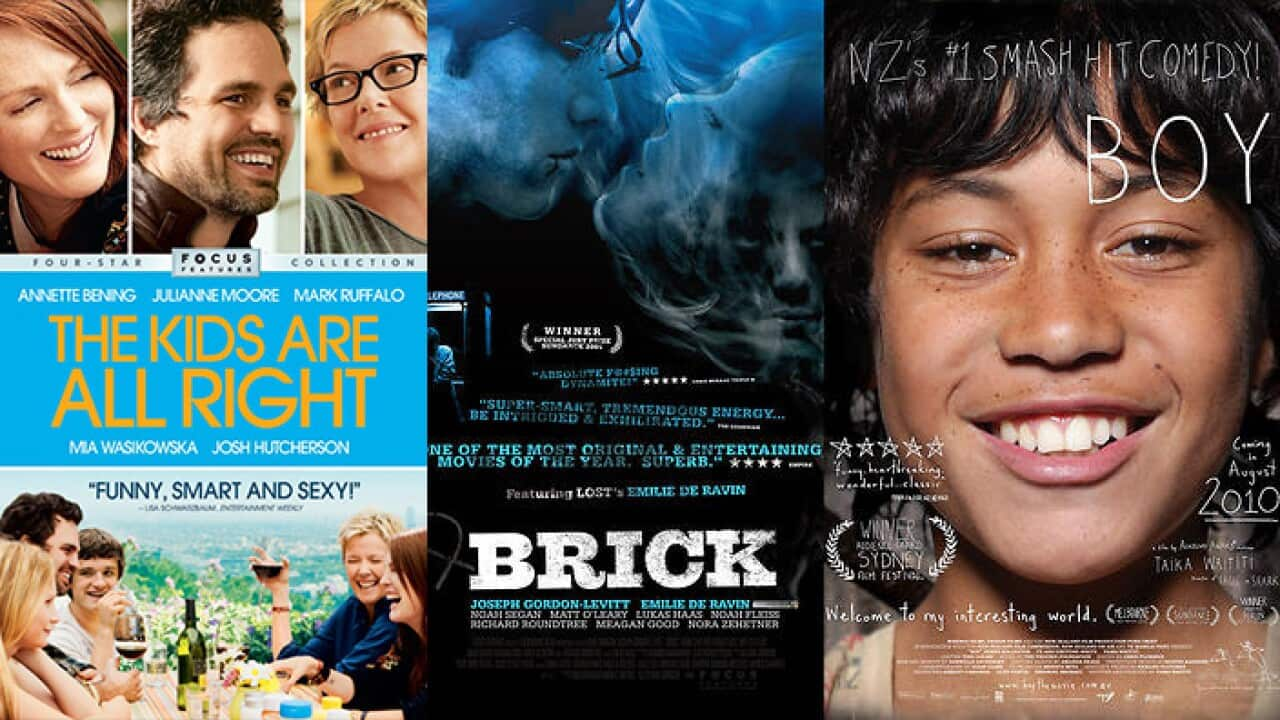As Al Gore stood on stage following the world premiere of An Inconvenient Sequel: Truth to Power, it was hard not to wish that the former Vice-President would be entering the oval office as Donald Trump is tomorrow (US time). At the Sundance opener, the 67 year-old Southern gent emerged as the rock star of climate change and a crusader for 40 years.
Naturally the new film, directed by Bonni Cohen and Jon Shenk, follows up on the effects of climate change since 2006’s An Inconvenient Truth, showing how we have all helped damage our planet by using fossil fuels. Yet they also offer more than a glimmer of hope. In the third act, the film becomes a ticking clock drama as Gore, at the Paris Climate Change Conference last December, helps raise $US 1 billion to fund India’s move towards renewable energy – when they were about to build 400 new coal plants, and were the one country holding out on the agreement.
"The film's a natural exciting drama,” says Shenk. “People might not know about the battle that’s going on between the alternative energy industry – where it’s come to the point where it’s as cheap if not cheaper to get our energy – and the vested interests in the fossil fuel mode.”
Gore even holds hope that President Elect Trump, whom he goes to meet in the film, may also come around. And if anyone could convince him, it might just be Gore. “It’s not our last conversation,” he confirms, though goes on to add, “No one person can stop this now.”
It’s difficult to contemplate how high the stakes are, but we all have the capacity to rise above our limitations.
“It’s difficult to contemplate how high the stakes are, but we all have the capacity to rise above our limitations.”
A major keynote in Gore’s strategy has been education. He has personally trained more than 10,000 people to spread the word and he holds a great hope for the Millennials to carry on his work. In the film he has a constant stream of communication with two young male assistants armed with laptops and providing information.
One of the scariest facts he uncovers is that people in industrial northern China have five and a half years less life expectancy, while images of eerily poignant melting glaciers and ice sheets in Greenland speak for themselves.

Helen Barlow interviews Al Gore in Cannes in 2006. Source: Helen Barlow
Australia doesn’t rate much of a mention, though I know from my Cannes interview with Gore a decade ago that our Land Downunder has always been on his radar. I managed to ask him about his involvement with Australia on the red carpet before the screening.
AG: I’ve had a great deal. I’ll be back in Australia this summer at the University of Melbourne. My friend Don Henry is a professor there and I’ve worked with him. We have a very, very active branch of The Climate Reality Project all across Australia. Of course the tragedy that afflicted the Great Barrier Reef this past year and the temperature records and all of the changes in precipitation – everybody in Australia is really giving a lot of evidence from Mother Nature.
HB: Not to mention the sharks.
AG: Well ha ha!
HB: They’re everywhere coming in to shore.
AG: I don't know about the connection between the climate crisis and the sharks, but I do know the connection between droughts and record downpours and floods and the fires much worse than even a fire country has been experiencing in the past. But I also know the grassroots movement in Australia has been building and growing and we’re making a lot of progress.



